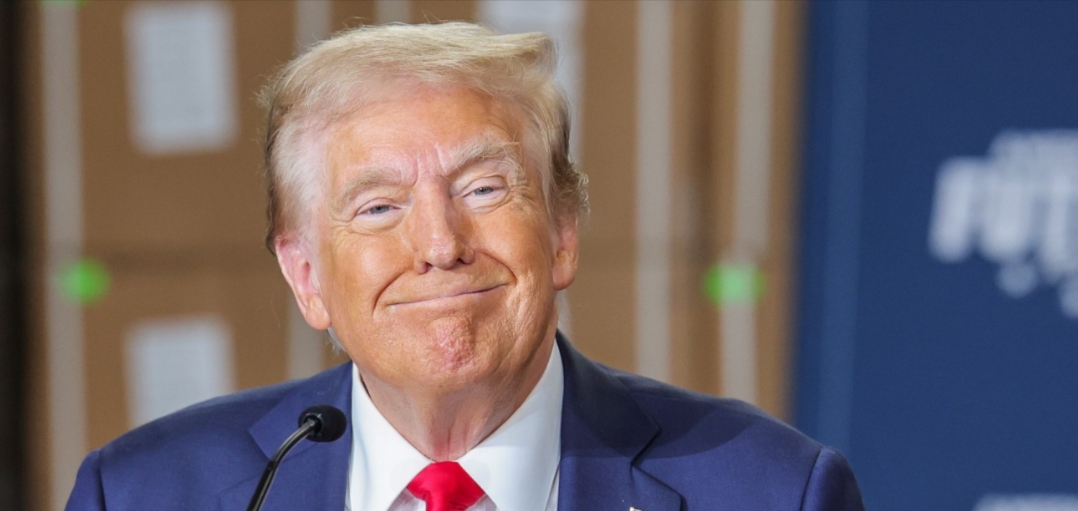Trump Has Options To Use If Countries Refuse To Take Back Migrants: Report

The incoming Trump administration is reportedly crafting a strategy to deport illegal immigrants from the U.S., even in cases where their countries of origin refuse to take them back.
According to NBC News, once President-elect Donald Trump assumes office, migrants with deportation orders issued by immigration judges could potentially be sent to locations such as Turks and Caicos, the Bahamas, Grenada, Panama, or other regions if their home nations decline to accept them.
While the transition team has not yet confirmed these plans, such a move could represent a significant step toward fulfilling Trump’s campaign promise to oversee the largest deportation initiative in U.S. history.
Uncertainty remains about whether migrants sent to these host nations would be allowed to work and reside there legally or the extent of pressure being placed on these governments to accept the individuals. A spokesperson for Trump’s transition team did not respond to Daily Caller’s request for comment.
The issue of foreign governments refusing to accept deportees has been a longstanding challenge for federal immigration authorities, spanning multiple administrations. In some cases, migrants ordered to be deported have been released back into the U.S. to avoid prolonged detention, NBC News reported.
During President Biden’s tenure, federal immigration authorities and major cities faced an unprecedented surge in illegal crossings. The crisis worsened in February after Venezuela—second only to Mexico as a source of illegal immigrants—stopped accepting deportation flights.
Under the leadership of President Nicolas Maduro, a leftist authoritarian blamed for economic collapse and political oppression, nearly 8 million Venezuelans have fled their homeland. Reports indicate that Maduro’s government has pushed Trump to negotiate a deal: Venezuela would resume accepting deportees in exchange for easing U.S. sanctions. However, whether Trump would entertain such a proposal remains unclear, according to the Daily Caller.
Other nations, including China and Cuba, have historically been reluctant to receive deportees from the U.S. Nevertheless, both countries have recently increased their acceptance of deportation flights from U.S. Immigration and Customs Enforcement (ICE), the report added.
During Trump’s first term, his administration established safe third-country agreements with Guatemala, El Salvador, and Honduras. These agreements required asylum seekers to seek protection in these countries before applying for asylum in the U.S. However, President Biden suspended these agreements immediately after taking office as part of his broader rollback of Trump-era immigration policies—moves that many experts blame for exacerbating the border crisis.
If Trump resumes office, he plans to roll out the largest deportation program in U.S. history. Additionally, he has pledged to restart border wall construction, end birthright citizenship for children of illegal immigrants, reinstate the travel ban, and revive the ‘Remain in Mexico’ policy, which required asylum seekers to await their hearings in Mexico.
Experts have noted, however, that ending birthright citizenship would likely require a constitutional amendment.
Trump has already secured a significant legal victory ahead of his potential second term.
A federal appeals court recently ruled in favor of U.S. Immigration and Customs Enforcement, allowing them to continue using a Seattle airport for chartered deportation flights. The 9th Circuit Court of Appeals overturned a 2019 local executive order that sought to obstruct Trump’s immigration agenda. The court ruled that King County, Washington, violated its contract by barring deportation flights at King County International Airport, also known as Boeing Field.
Additionally, the court reaffirmed that the federal government holds exclusive authority in enforcing immigration laws, limiting states and cities from interfering with such efforts.